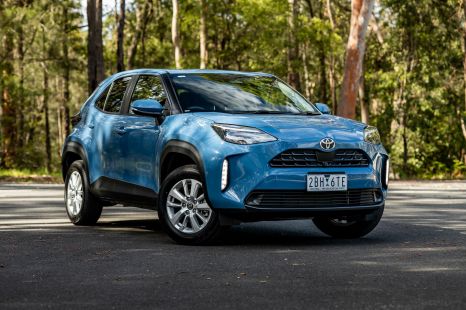

Matt Campbell
2025 Toyota Yaris Cross review
5 Days Ago

Contributor
Electric vehicle (EV) automaker Polestar is investing in Israeli startup StoreDot, a company working towards producing silicon-based EV batteries that can take on a claimed 160km of range in five minutes.
This is the first financial investment the Swedish-Chinese manufacturer has made in another company, and follows a similar investment from parent company Volvo.
Dubbed ‘100in5’, StoreDot’s technology is slated for production by 2024, and is apparently in “real-world testing by leading automotive manufacturers”.
The new battery tech is silicon-based, with a target gravimetric energy density of around 300Wh/kg. For context, the current Chinese-built Tesla Model 3 with the lithium iron phosphate (LFP) battery has a gravimetric energy density of 125Wh/kg.
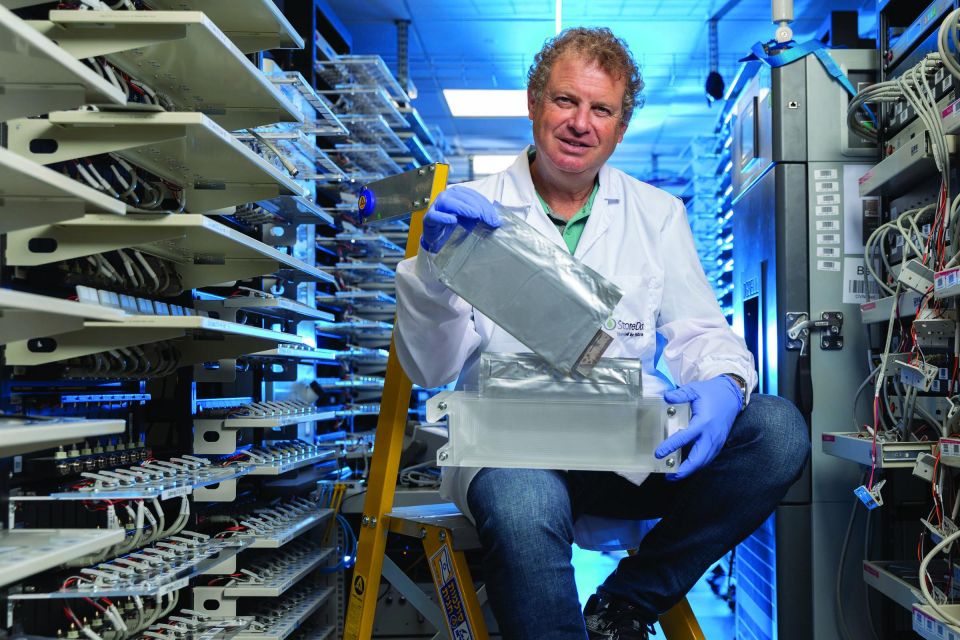
StoreDot also already has existing partnerships with Daimler, VinFast, BP, TDK, Ola Electric and EVE.
To put that in simpler terms, a 100in5 battery can gain 161km of range in five minutes of charging when connected to an ultra-rapid DC charger, according to StoreDot. It’s unclear what the maximum charging speed of this battery is, nor the battery size.
Polestar says StoreDot’s advanced battery technology aligns with its “strategy of leveraging broader innovative industry partners to drive advancements in electric mobility”.
As part of the deal, Polestar is collaborating with StoreDot to exploring adapting and fitting its battery technology to proof-of-concept Polestar cars.
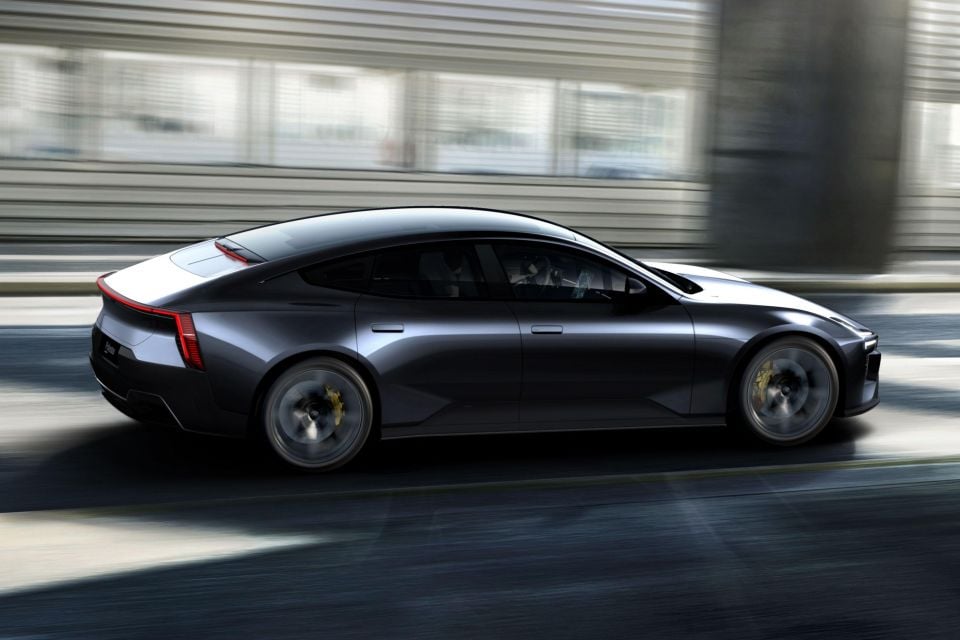
The Swedish-Chinese automaker says if current pilot projects with StoreDot are successful, it could be implementing the battery technology in Polestar cars by 2026.
It’s unclear in which Polestar vehicle this battery technology will be implemented, because the last vehicle Polestar has announced for production is the Polestar 5 fastback which is planned to be revealed in 2024.
“Charging and range anxiety are common concerns holding owners of combustion engine cars back from making the switch to EVs,” said Polestar CEO Thomas Ingenlath.
“StoreDot’s advanced battery technology potentially provides real solutions to these obstacles.”
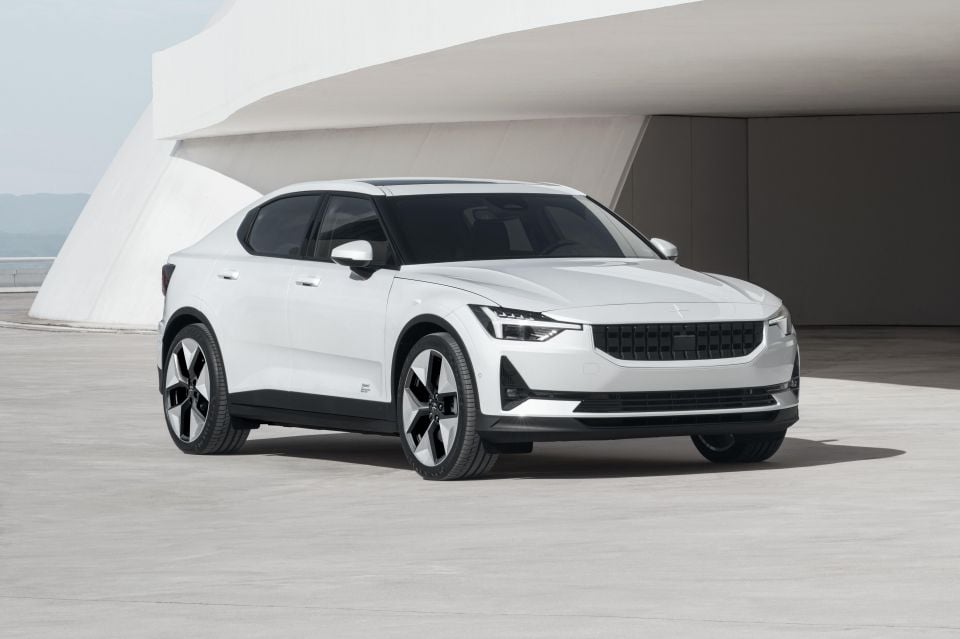
Beyond this partnership, StoreDot is aiming to release its ‘100in3’ solid-state battery in 2028, with a target gravimetric energy density of approximately 450Wh/kg.
Beyond 2030 it aims to be developing a post-lithium battery called ‘100in2’ with an energy density above 550Wh/kg.
Polestar is owned by Chinese giant Geely which also owns brands such as Volvo, Lotus, Proton, London EV Company, Lynk & Co and Zeekr.
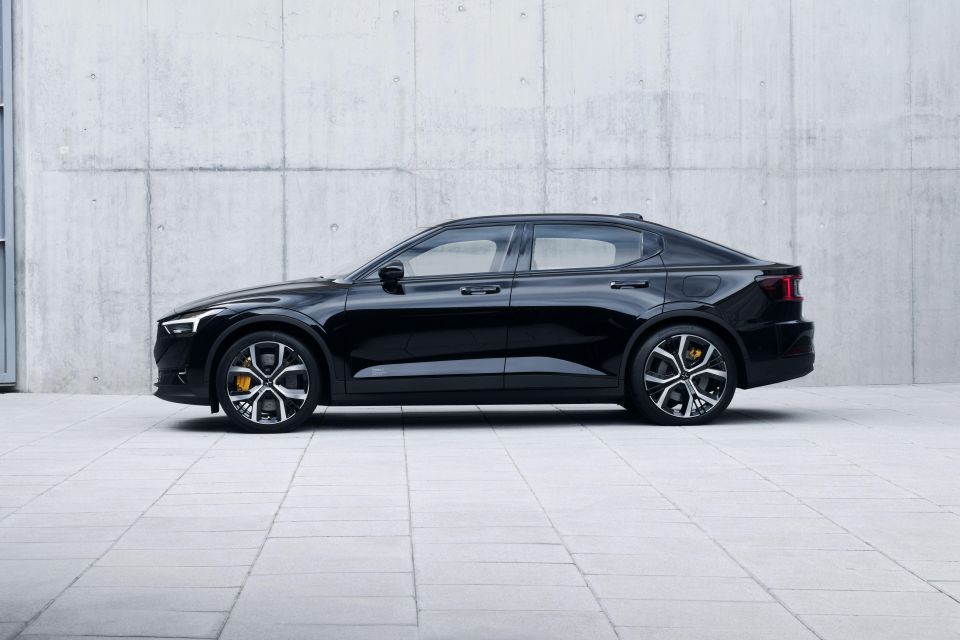
The Polestar 2 electric sedan first touched down in Australia earlier in 2022 and is based on the CMA platform that’s also used in the Volvo XC40 SUV.
Polestar recently confirmed it plans to reveal its next vehicle, the Polestar 3 “electric performance SUV”, in October 2022.
Set to be produced in the USA and China, the Polestar 3 was previously previewed in prototype form wearing black-and-white camouflage.
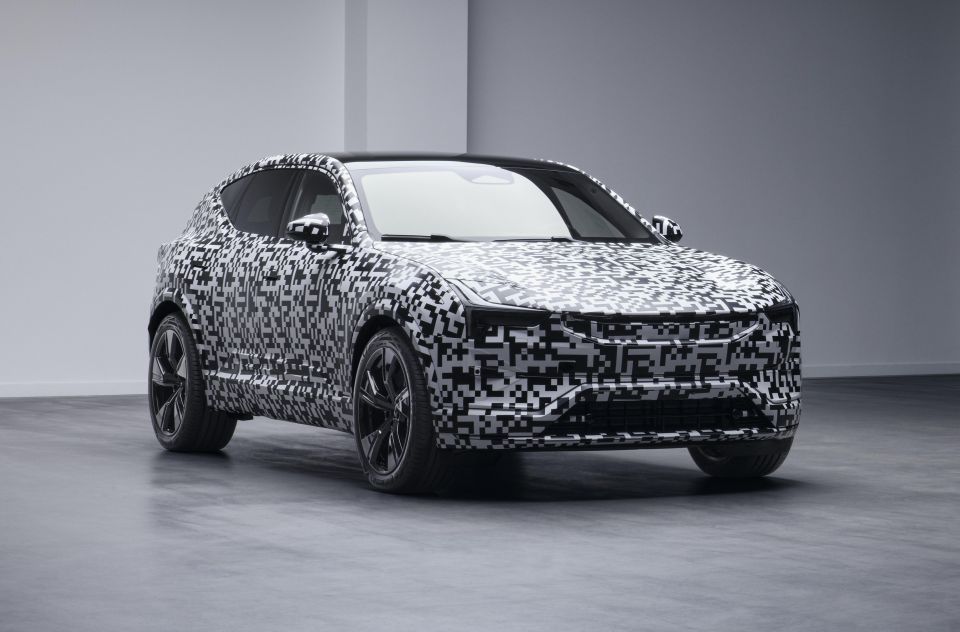
The Polestar 3 will be sleeker counterpart to the next-generation Volvo XC90 which shares its SPA2 architecture.
The Polestar 4, which is a smaller coupe SUV, is planned to be revealed in 2023, and the aforementioned Polestar 5 liftback is planned to be revealed in 2024.
As previously reported, Polestar intends to merge with Gores Guggenheim, a special purpose acquisition company (SPAC), and get listed on the Nasdaq. This deal is expected to close in the first half of 2022.
MORE: Volvo invests in extreme fast-charging battery startup MORE: Polestar cuts sales target due to China lockdowns MORE: Polestar Precept prototype teased
CarExpert helps new car buyers save thousands with expert reviews, honest advice, and transparent pricing – no dealer pressure and no sales games.
Jack Quick is an automotive journalist based in Melbourne. Jack studied journalism and photography at Deakin University in Burwood, and previously represented the university in dance nationally. In his spare time, he loves to pump Charli XCX and play a bit of Grand Theft Auto. He’s also the proud owner of a blue, manual 2020 Suzuki Jimny.


Matt Campbell
5 Days Ago
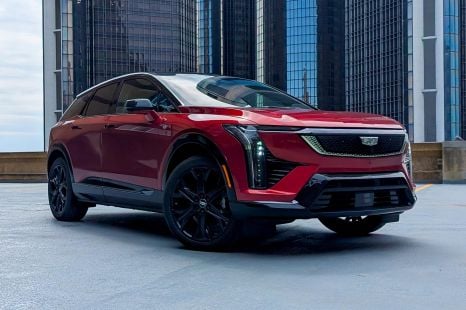

William Stopford
3 Days Ago
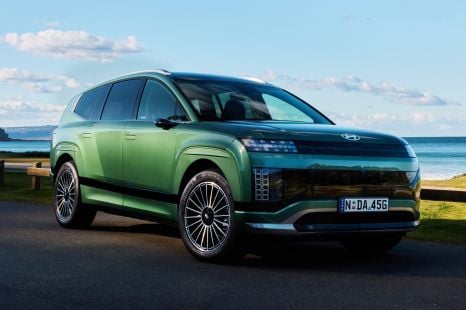

Josh Nevett
2 Days Ago
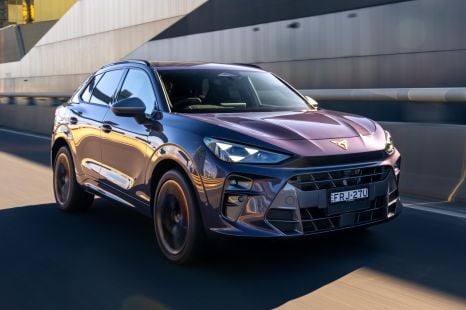

James Wong
2 Days Ago
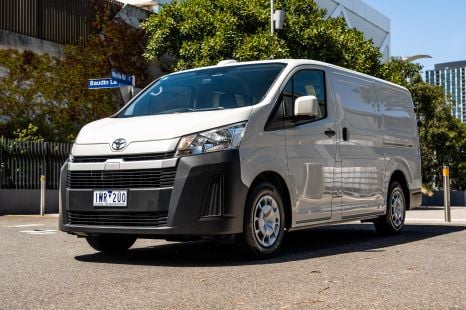

Max Davies
2 Days Ago
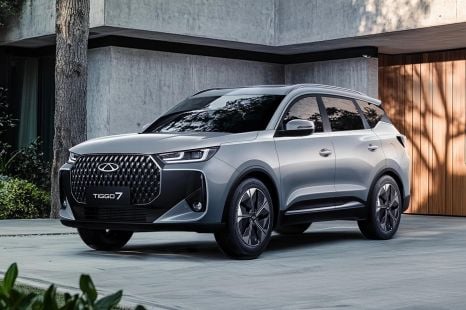

William Stopford
1 Day Ago